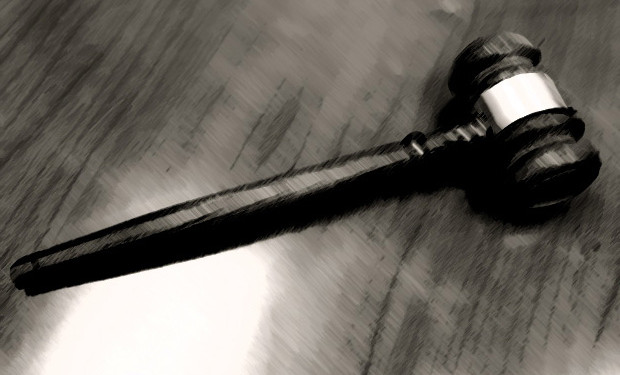Amending North Carolina Rule of Evidence 103
Rule 103 of the North Carolina Rules of Evidence contains nearly identical language to the same Federal Rule of Evidence prior to its amendment in 2000. Originally set to be effective on October 1, 2003, the General Assembly amended former Rule 103 by adding the following language to subsection (a)(2): “Once the court makes a definitive ruling on the record admitting or excluding evidence, either at or before trial, a party need not renew an objection or offer of proof to preserve a claim of error for appeal.”
The language of the amendment is verbatim Rule 103 of the Federal Rules of Evidence and Rule 103 of the Uniform Rules of Evidence. However, fearing encroachment into their ability to define court procedure and practice, our Court of Appeals held in the 2005 case of State v. Tutt that this rule is inapplicable.
Since this decision, the North Carolina Legislature has not amended Rule 103 to reflect the Tutt holding. A practitioner relying on this rule without researching it therefore risks potentially substantial harm to a client by unknowingly failing to renew an objection or failing to preserve an issue for appeal.
The Court of Appeal’s reasoning was that under the Constitution of North Carolina Article IV § 13(2), “[t]he Supreme Court shall have exclusive authority to make rules of procedure and practice for the Appellate Division.” Therefore, Rule 103(a)(2) is in direct conflict with Rule 10(b)(1) of the Rules of Appellate Procedure because the Legislature was attempting to define methods of procedure and practice, which is the exclusive domain of the Supreme Court.
Judge Tyson argued in his dissent that the rule was evidentiary, and was not a rule of procedure or practice. Rule 103 is, after all, located in the Evidence Code. Furthermore, there was no objection by other states who adopted the revised rule.
Tutt was written in 2005, and the legislature has not since revised the rule to reflect the Court’s decision. But in speaking with Representative Rick Glazier, the House Minority Whip, and a Vice Chairman of Judiciary Subcommittee B, that may change. Representative Glazier was amicable to the idea of finally updating the rule.
Failure to update the rule appears to have had negatively impacted some cases. In State v. Patterson, Mark Patterson was convicted of stealing a video camera from the First Baptist Church of Robbinsville. While Patterson’s case is certainly troubling because it concerns theft from a house of worship, his counsel’s mistake at trial is illustrative of the impact of failing to update Rule 103.
Before trial, Patterson’s counsel had sought to suppress testimony from Tonya Sellers, who was going to testify that a year prior to the theft in question, she had been working for Robbinsville Head Start where she found a digital camera that was stolen during a break-in. She would identify the digital camera found in Patterson’s camper as the one stolen from Robbinsville Head Start.
The inference appears to be what Rule 404(b) is intended to prevent, evidence of other crimes, wrongs or acts from being introduced as character evidence to show that the defendant acted in conformity therewith. Patterson’s motion in limine seeking to suppress this prejudicial evidence was denied. At trial, the objection to the evidence was not renewed and Sellers presented her incriminating testimony.
Since the objection was not renewed at trial, Patterson had to argue on appeal that the trial court’s error rose to the level of plain error – a high burden in which the reviewing court must find something, “so basic, so prejudicial, so lacking in its elements that justice cannot have been done” in order to overturn it. In Patterson’s case, the court did not find plain error, and the evidence of stolen property that likely factored into his conviction remained.
It is impossible to say that updating Rule 103 would have helped ensure the highest measure of justice in the Patterson case. Furthermore, it is the duty of counsel to be prepared and to check the rules that could potentially impact their cases.
However, by finally choosing to update Rule 103, the legislature addresses the problem where a counselor relies on a rule that is not valid. It is the legislature who is tasked with passing the evidence code, and it is their duty to ensure practitioners can rely on that code.

